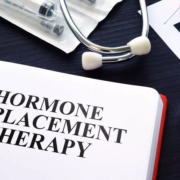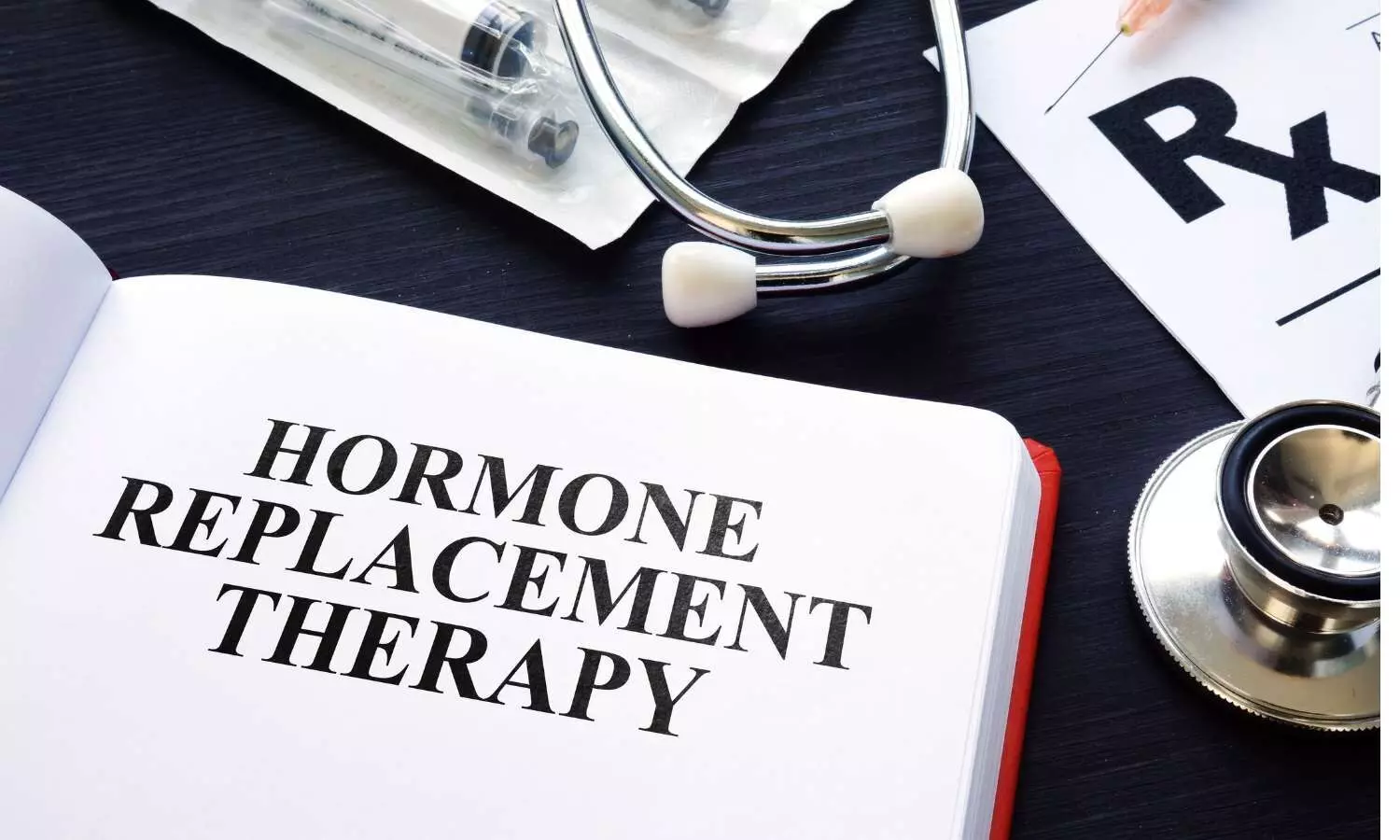Vitamin D deficiency increases the risk of oral lichen planus: Study

A new study published in the International Journal of Women’s Health showed that a lack of vitamin D may make oral lichen planus (OLP) more likely. Given their potential to hasten the healing process, vitamin D delivery and assessment were crucial factors in therapy choices for OLP patients.
The chronic inflammatory mucocutaneous disease known as oral lichen planus is typified by immune-mediated destruction to the oral epithelium and painful erosive lesions. A major management problem arises from recalcitrant instances of OLP, which do not react well to standard treatments like corticosteroids and immunosuppressants.
Recent research has demonstrated that vitamin D’s immunomodulatory, anti-inflammatory, and epithelial-healing qualities may make it useful as an adjuvant therapy. Three key processes in the pathophysiology of OLP are influenced by vitamin D: cytokine balance, keratinocyte development, and T-cell modulation.
Increased disease activity and delayed healing in mucosal illnesses have been associated with vitamin D deficiency. Therefore, in situations of resistant OLP, supplementation may relieve clinical symptoms, lessen the severity of lesions, and improve quality of life. Examining vitamin D’s therapeutic potential provides encouraging information on a more secure, economical, and environmentally friendly method of treating resistant oral lichen planus. This case study examined stubborn OLP that persisted for more than a year and shown how important vitamin D is for promoting wound healing.
This case study was 1 and 3 years ago, 2 female patients, ages 50 and 58, complained of pain in their left and right cheeks. Despite receiving prior treatments, neither patient had exhibited any improvement. On the left and right buccal mucosa, an intraoral examination showed erosive lesions with Wickham striae. Research identified reticular and erosive OLP in both individuals.
Anti-inflammatory medication and mouthwash containing corticosteroids were the initial treatments for both individuals. Because of the severity and persistence of the clinical symptoms, a screening for risk factors was conducted, including an assessment of vitamin D 25 (OH) levels.
Both patients got vitamin D replacement treatment after the evaluation revealed a vitamin D deficit. The final control demonstrated that there were notable improvements in the patients’ subjective and objective complaints.
Overall, a lack of vitamin D raised the risk of OLP. Vitamin D delivery and evaluation were crucial factors in therapy choices for OLP patients as they may hasten the healing process.
Source:
Rahmadhini, E. N., Hidayat, W., & Zakiawati, D. (2025). Vitamin D in the treatment of recalcitrant oral lichen planus: A case series. International Journal of Women’s Health, 17, 3229–3239. https://doi.org/10.2147/IJWH.S527877
Powered by WPeMatico











